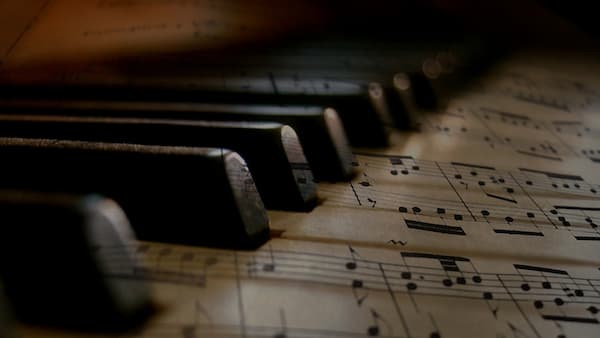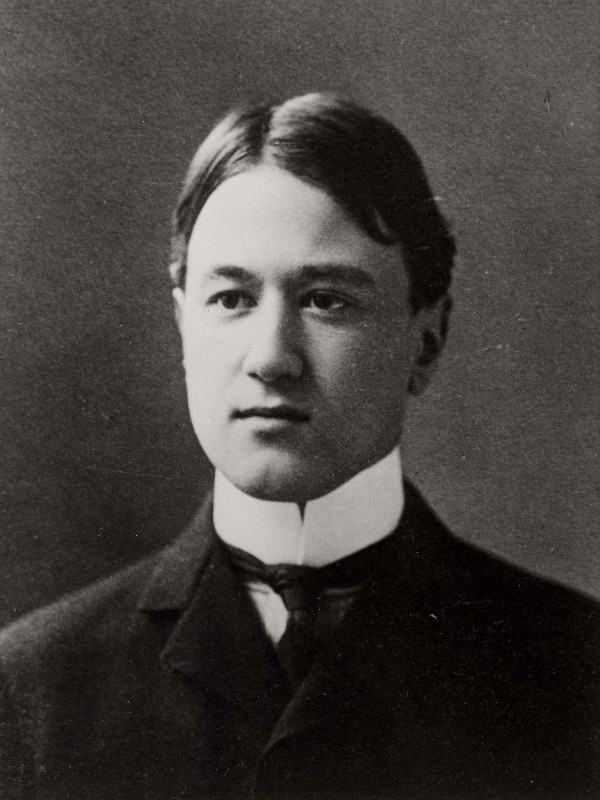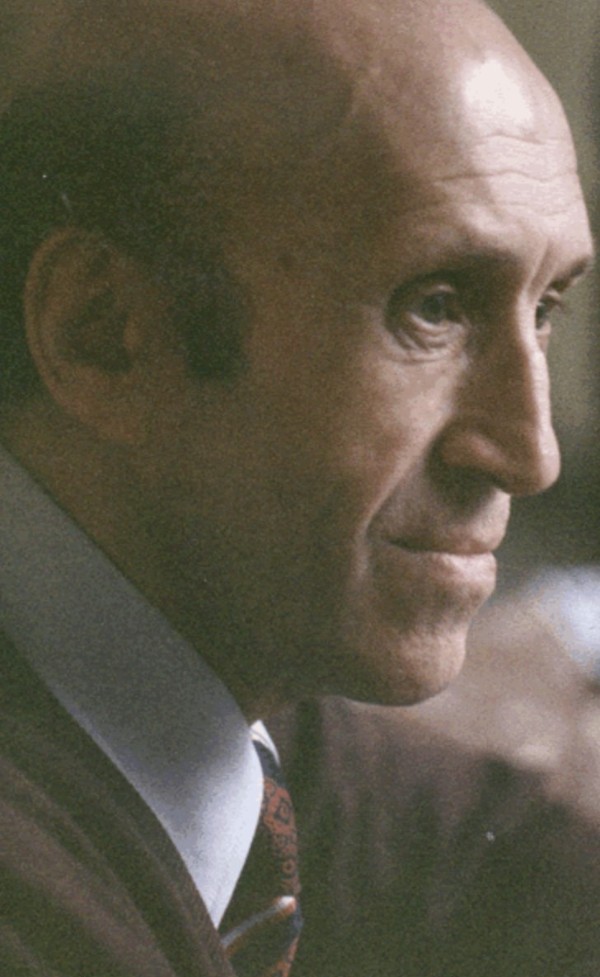While it’s normal to be nervous before an important concert, there are techniques you can use to ensure that butterflies don’t interfere with giving the expressive performance of which you are truly capable. Read on for strategies to stay calm in concert, all backed by science…
1. Mental practice

© stringsmagazine.com
Mental practice is a method of concert preparation that doesn’t involve using one’s instrument or making any sound. Instead, you might try to hear the entire piece from memory with your inner ear, read through the score while miming the corresponding movements, or visualise yourself performing the work in detail.
Mental practice is well-established as a way of getting to know the abstract and structural qualities of musical works, which is important for performance given that it is “the performer’s mental representation (or ‘image’) of the music” that allows performers to govern the complex temporal and tonal landscapes of musical works in performance, according to Eric Clarke. Essentially, the brain and body experience mental practice as just as real and effective as physical practice, without the potential for muscle fatigue, repetitive strain, or injury. Knowing your performance piece inside out in this way might lead to decreased reliance on muscle memory, making “blanking” less likely, and might generally create a greater sense of preparedness.
The only thing to note about mental practice is that just because it can be done away from your instrument, it should not be overused: mental practice is shown to be most effective in short bursts, and genuine rest from all forms of practice is essential.
2. Stress inoculation – make friends with your nerves
When you start to feel performance nerves creeping in, it’s possible to reframe what’s going on in your body as a productive and natural preparation of the body for performance. Instead of thinking that you’re nervous and afraid, try to imagine that you are excited and in a state of heightened anticipation for your performance.
3. Individualised pre-performance routines
This strategy may be the one that is most popular with the world’s highest performing soloists. Interviews with top performers identified that a key commonality was “the development of an individualised, flexible pre-performance routine that includes physical activity, nutrition, and rest, as well as warming up using emotional, technical, and musical strategies.”
In reality, this might look like going for a relaxing long swim the night before a concert, to tire you out and help you sleep. In the morning, you might have your favourite breakfast and listen to an upbeat album while preparing it. Then, you might arrive at the venue early to meditate, do muscle relaxation exercises, warm up, recite words of importance to you, stretch, or journal. The most important thing is that the routine is predictable, enjoyable, and well-rounded. It should take into account practical realities like transport to the venue while promoting a positive mental state and a well-rested, well-fuelled, calm and alert body.
4. Desensitising yourself

Image created by ChatGPT
If you know that you struggle with performance nerves, but nonetheless have an essential and important upcoming performance event, such as an important audition or premiere, it might be a good idea for you to try to desensitise yourself.
You can do this by creating an “anxiety hierarchy.” First, list various performance situations that would give you different levels of nervousness, such as:
- Performing for my pet or myself – 0/10
- Performing for my best friend – 2/10
- Performing for my family – 4/10
- Doing a mock exam or performance with my teacher – 6/10
- Doing a mini-concert – 8/10
- The real event – 10/10
Then, work your way through each of these experiences in the months leading up to your exam, concert, or audition. This works by gradually exposing you to stress, showing your body that there’s nothing to fear as you never come to any harm in these situations. Just remember to approach each of these levels with self-compassion, without rushing through them or expecting to completely eradicate nerves.
5. Visualisation
A study by Taylor and Taylor on “mental imagery rehearsal,” or visualisation, has shown that it was useful in reducing nerves for dancers. To use this technique, visualise every element of your performance day from waking up to the final applause in exactly the way you want it to happen, from feeling confident to giving a great performance. By doing this, you are actually creating neuromuscular programming that makes these outcomes more accessible for your body and therefore more likely.
6. Task-oriented practice
If the greatest source of your performance nerves is experiencing distracting and upsetting thoughts, such as “I’m going to make a mistake,” you might benefit from task-oriented practice. This is a method whereby as you practice, whenever you notice a negative or task-irrelevant thought such as “I should be better at the piano” or “I can never get this part right,” you instead redirect your focus to a task-oriented thought like “let’s focus on brightening that third,” or “mind the voice leading in the left-hand.” This creates a morally neutral, kinder, and more mindful practice experience, which will soften your inner critic and create more pleasant performance experiences.
7. Cultivate a hobby or interest outside of music
It might seem counterintuitive, but ensuring that you have a well-rounded life outside of music can help you form a more balanced sense of self-esteem, which in turn could lessen catastrophic thoughts or fears of failure in musical contexts. Whether it’s crochet or basketball, giving your body and mind a complete break from music can contribute to your overall well-being and therefore, your musicianship.
For inspiration, I leave you with this incredible video of pianist Maria João Pires discovering that she had prepared the wrong concerto moments before she was expected to perform, without so much as a score. Despite the disastrous circumstances, she prevailed – and so can you. Bon courage.
For more of the best in classical music, sign up for our E-Newsletter



